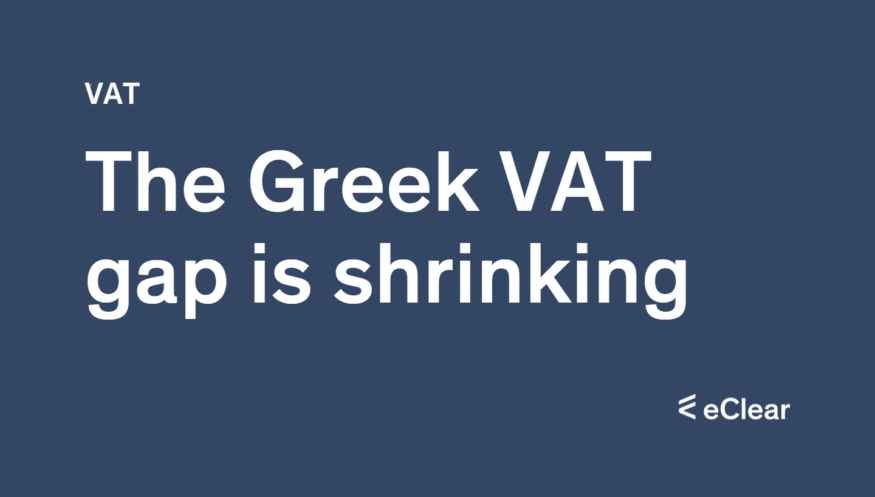The VAT gap is important for the EU and the Member States, as VAT is an important contributor to the EU and national budgets. The study has used a top-down approach, and the VAT gap is estimated using national accounts data. This year’s edition includes notable additions such as a 20-year “backcasting”, an improved econometric analysis of the determinants of the VAT gap and a forecast of the potential impact of the coronavirus recession on the evolution of the VAT gap.
You are now reading an extract from the statement of the Greek Finance Minister Christos Staikouras on the European Commission’s report on the VAT gap in Greece.
“Greece’s efforts are paying off: While the VAT deficit is growing in other EU countries, the Hellenes have been able to plug more tax loopholes – it is now the country with the fourth most significant VAT deficit reduction in the EU in 2020.
Greece shows a reduction of the VAT deficit by 3.7 percentage points, i.e. to 19.7% of the VTTL (theoretically expected revenue with full compliance) in 2020, compared to 23.4% in 2019, despite the decline in GDP and the application of reduced and excessively reduced tax rates and exemptions in important sectors also due to the pandemic.
Therefore, this very significant reduction is mainly due to the substantial increase in compliance achieved through the reduction in tax rates by the government in 2019.
The VAT deficit in Greece is expected to decrease even more in 2021, in the order of 5.7 percentage points, predominantly due to improved compliance. The non-compliance gap decreased by 5.1 percentage points due to intensified measures to combat tax evasion and improve compliance.
This proves that the government’s efforts to combat tax evasion, digitise the economy, intensify controls and promote e-commerce, combined with the substantial reductions in taxes and social security contributions, are now bearing fruit: tax honesty is on the rise. The VAT gap is shrinking. The European Commission recognises the significant, not just temporary, progress made in strengthening the effectiveness of the VAT system.
The government and the Ministry of Finance are moving forward with a plan and a vision, implementing appropriate policies to address the chronic endogenous weaknesses of the Greek economy, expand the productive base, increase the quantity and improve the quality of the domestic product to improve the disposable income of households and firms, create quality jobs and strengthen social cohesion”.
Source: minfin.gr







